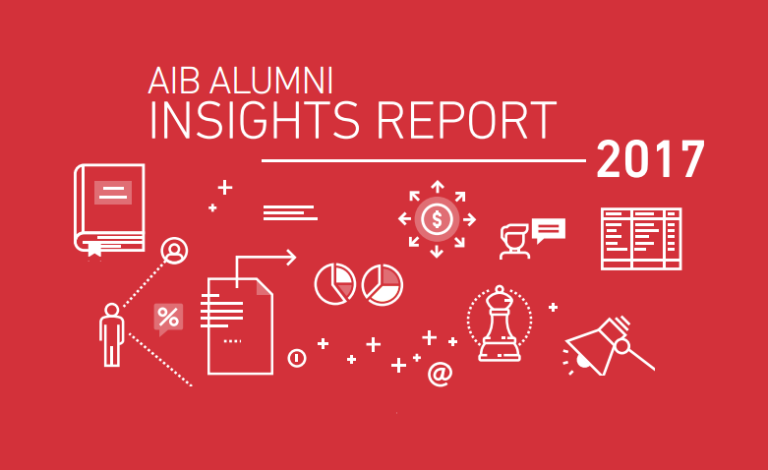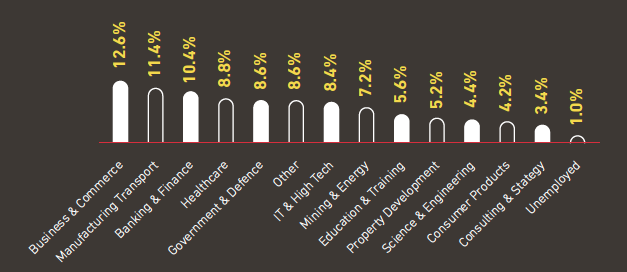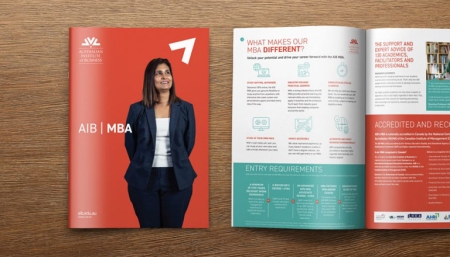Australian Institute of Business alumni insights revealed

The Australian Institute of Business (AIB) has recently released the results of their 2017 Alumni Insights Survey, painting a picture of the school’s past students’ profiles and outcomes. The report details everything from alumni demographics, to career outcomes and key takeaways thanks to the MBA.
View the 2017 AIB Alumni Insights Report
AIB Joint CEO Joel Abraham said the outstanding results of former students bring great pride to the team at AIB.
“As an organisation that strives to provide people with greater access to education, our primary focus is on student success,” he said.
“This report is a testimony to what we have set out to achieve from the beginning – to deliver life changing experiences.”
The survey consisted of 39 questions and was sent to Australian domestic MBA alumni, who graduated between 2010 and 2017. Just over 500 responses were received, representing over 26% of AIB MBA alumni in Australia. When alumni were asked about the professional benefits they gained from studying their MBA, they had a lot of promising information to share.
Career progression is a major motivation for pursuing the MBA, so it was encouraging to learn that 34% of 2016 and 2017 alumni had been promoted within 12 months of completing the programme. When it comes to career change, 22.4% of respondents have changed industry, plus a huge 40.1% have changed job function since starting their MBA. Importantly, 81.1% of respondents agree that the AIB MBA has enabled them to realise their goals.
It’s clear the MBA teaches students more than just business theory, with 75.1% of respondents indicating it enhanced their professional development, 67.3% indicating it improved strategy development skills and 64.7% indicating that it increased self-confidence.
In terms of student profiles, it was interesting to gain an understanding of the age groups, employers and locations of the sample of alumni. The vast majority (90%) of alumni are employed full-time, with 22.9% being business owners or entrepreneurs. Nine in 10 alumni have at least 10 years’ work experience, and 83.3% are in managerial roles.
A fifth (20%) of alumni reported working for Fortune 500 or ASX 200 companies, including the likes of BHP Billiton, Qantas Airways, AMP and Commonwealth Bank.
What might come as a surprise to many is the diversity of industries in which the alumni come from. As seen below, Business & Commerce is the main industry (12.6%), but not by a huge amount. Following closely behind are Manufacturing Transport, Banking & Finance, Healthcare and Government & Defence – demonstrating the reach and relevance of the MBA to many industries.

The AIB alumni represents one of the world’s most diverse networks, with students, graduates and academic staff located in more than 90 countries around the world. AIB boasts more than 4300 global MBA students currently, allowing the networking opportunities to be very dynamic.
In terms of career outcomes, a large number of MBA graduates received an annual salary increase while studying their MBA. In fact, the survey highlighted that the average annual income growth post-MBA was 11% for AIB graduates.
“It’s fantastic to confirm that many of our alumni are achieving their desired outcomes so soon after graduating, and that we’ve been able to play a part in that,” Mr Abraham added.




